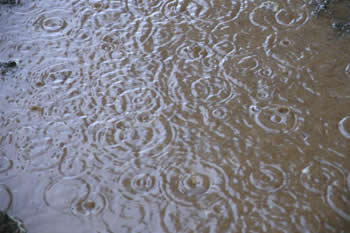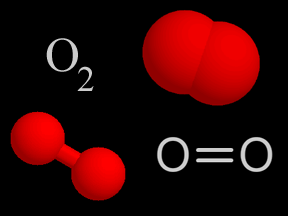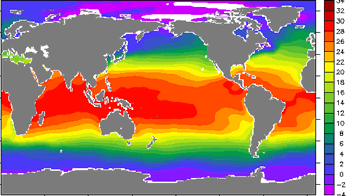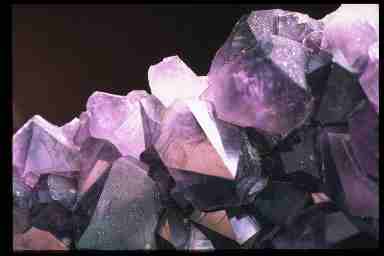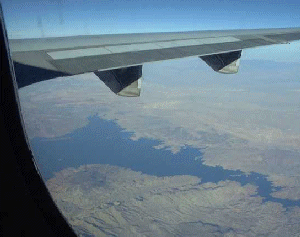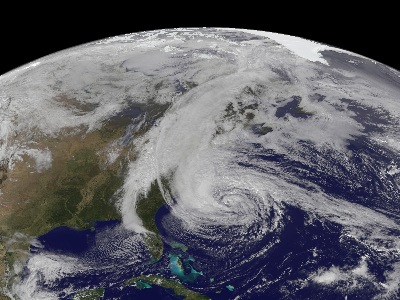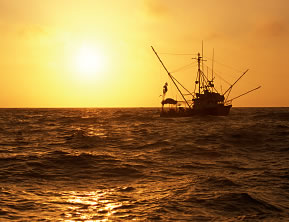
Image courtesy of Kip F. Evans
Ocean Literacy - Essential Principle 6
The ocean and humans are inextricably interconnected.
Fundamental Concept 6a.
The ocean affects every human life. It supplies freshwater (most rain comes from the ocean) and nearly all Earth’s oxygen. It moderates the Earth’s climate, influences our weather, and affects human health.
Fundamental Concept 6b.
From the ocean we get foods, medicines, and mineral and energy resources. In addition, it provides jobs, supports our nation’s economy, serves as a highway for transportation of goods and people, and plays a role in national security.
Fundamental Concept 6c.
The ocean is a source of inspiration, recreation, rejuvenation and discovery. It is also an important element in the heritage of many cultures.
Fundamental Concept 6d.
Much of the world’s population lives in coastal areas.
Fundamental Concept 6e.
Humans affect the ocean in a variety of ways. Laws, regulations and resource management affect what is taken out and put into the ocean. Human development and activity leads to pollution (point source, non-point source, and noise pollution) and physical modifications (changes to beaches, shores and rivers). In addition, humans have removed most of the large vertebrates from the ocean.
Fundamental Concept 6f.
Coastal regions are susceptible to natural hazards (tsunamis, hurricanes, cyclones, sea level change, and storm surges).
Fundamental Concept 6g.
Everyone is responsible for caring for the ocean. The ocean sustains life on Earth and humans must live in ways that sustain the ocean. Individual and collective actions are needed to effectively manage ocean resources for all.






